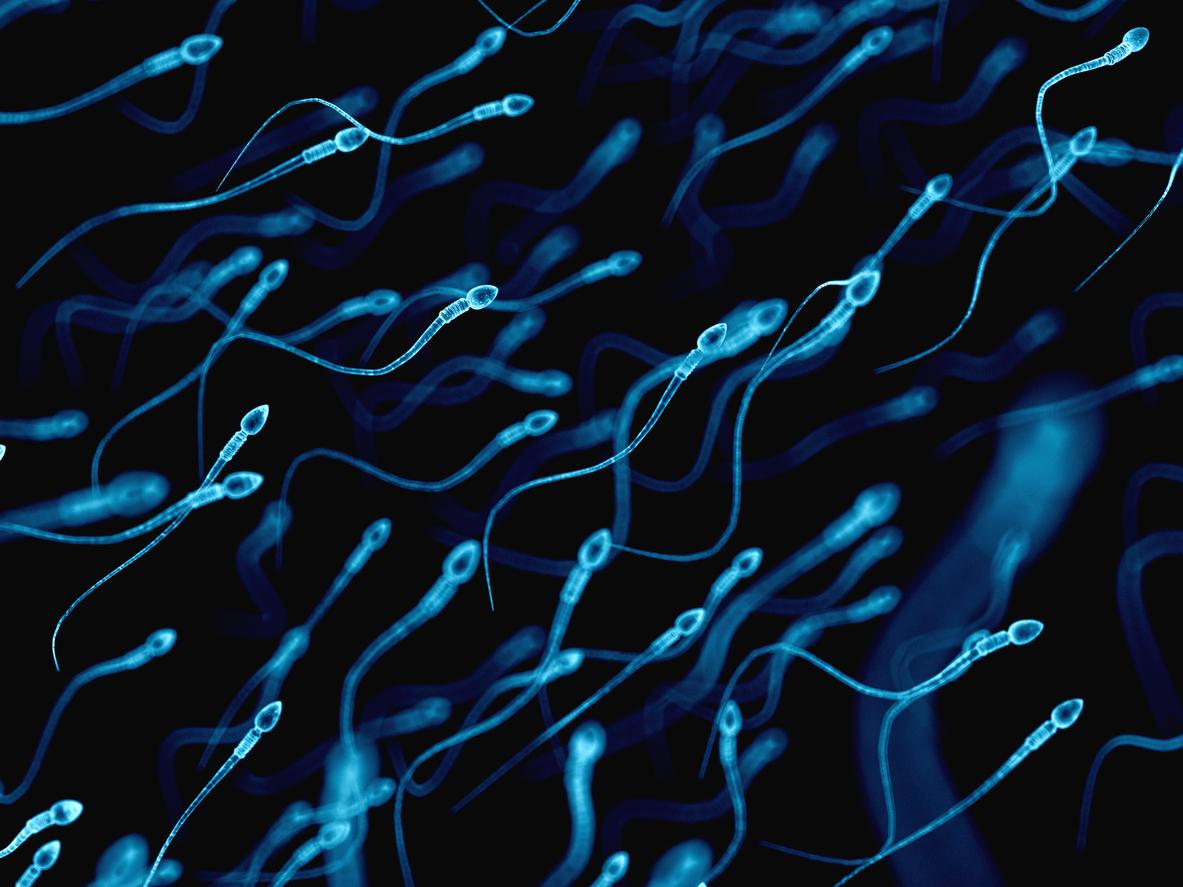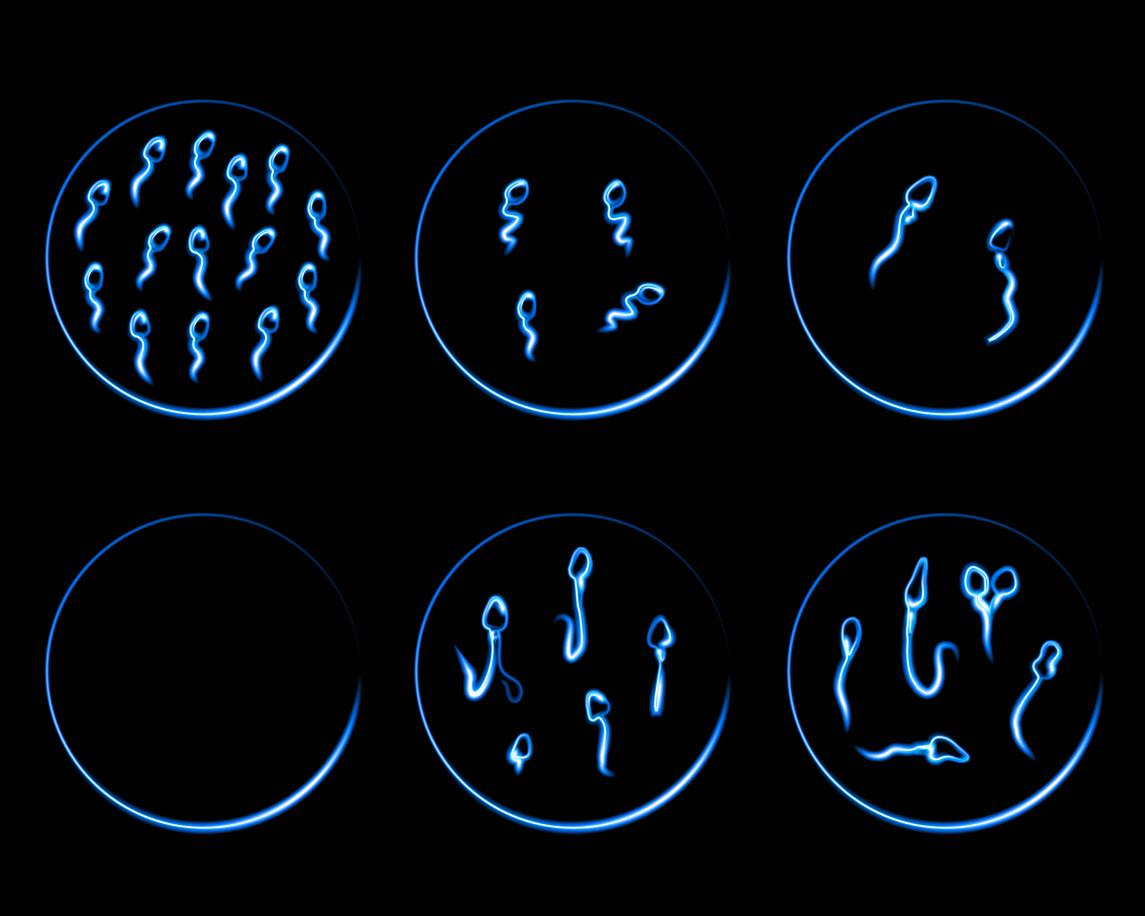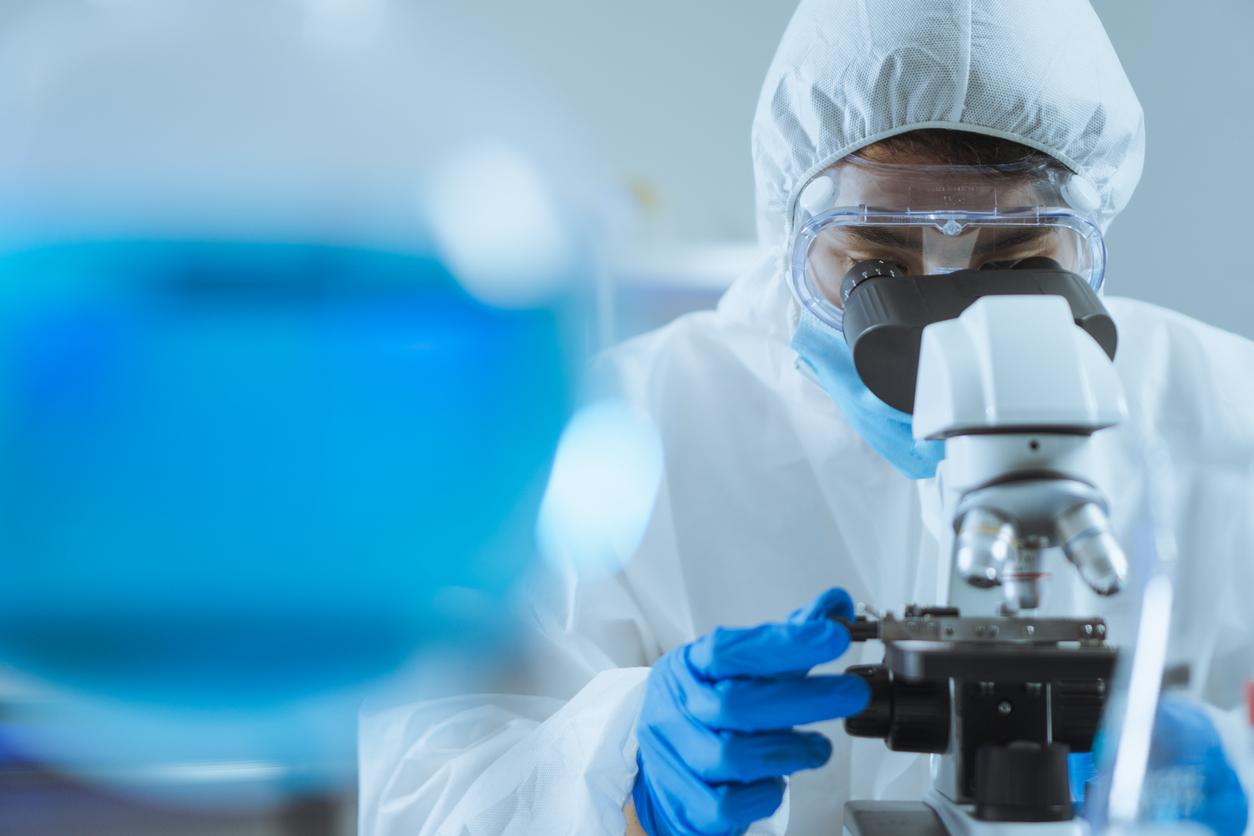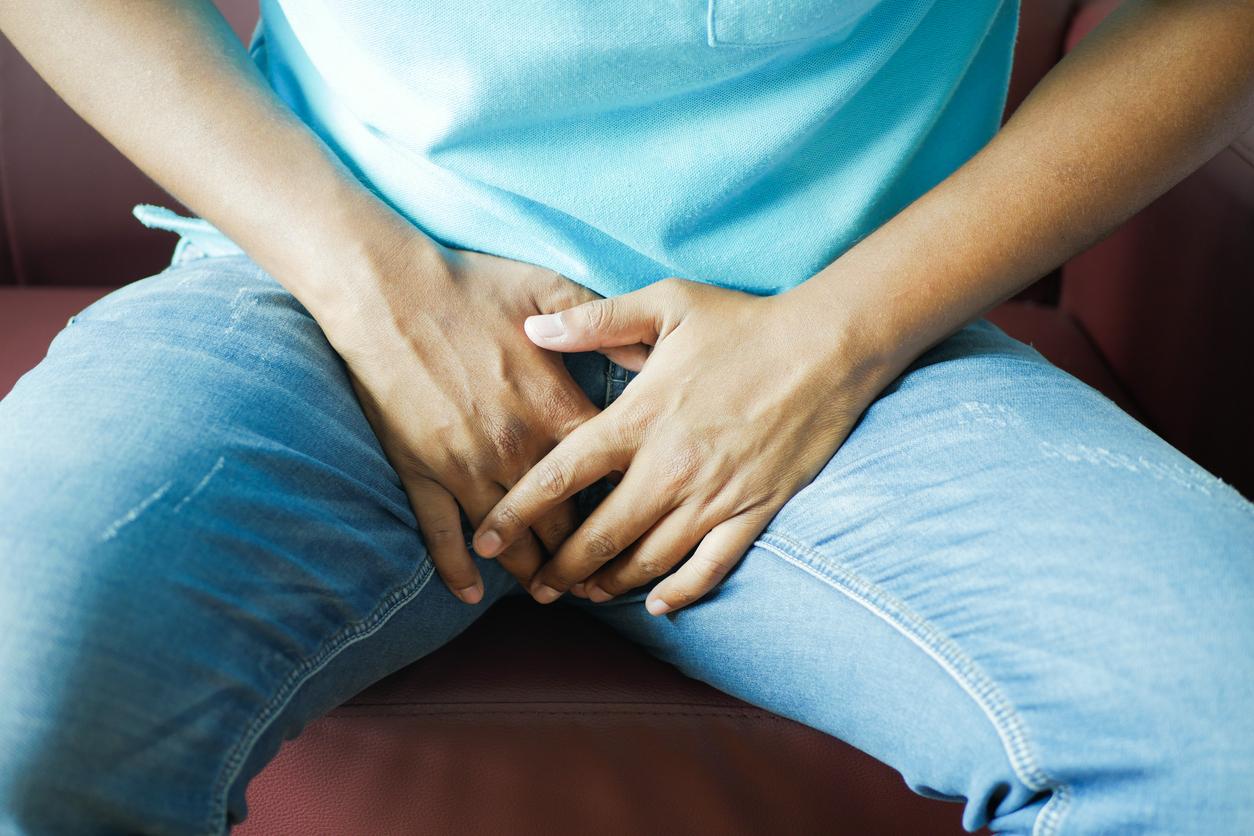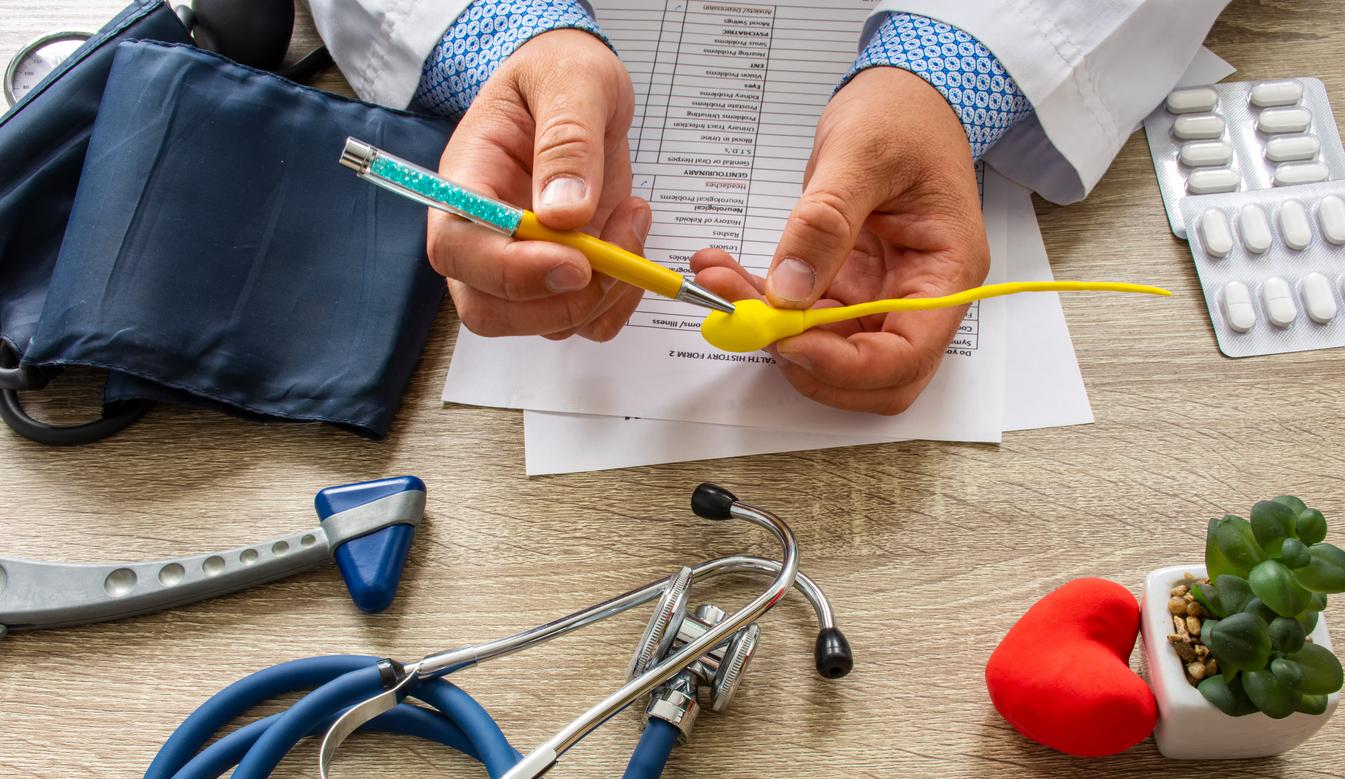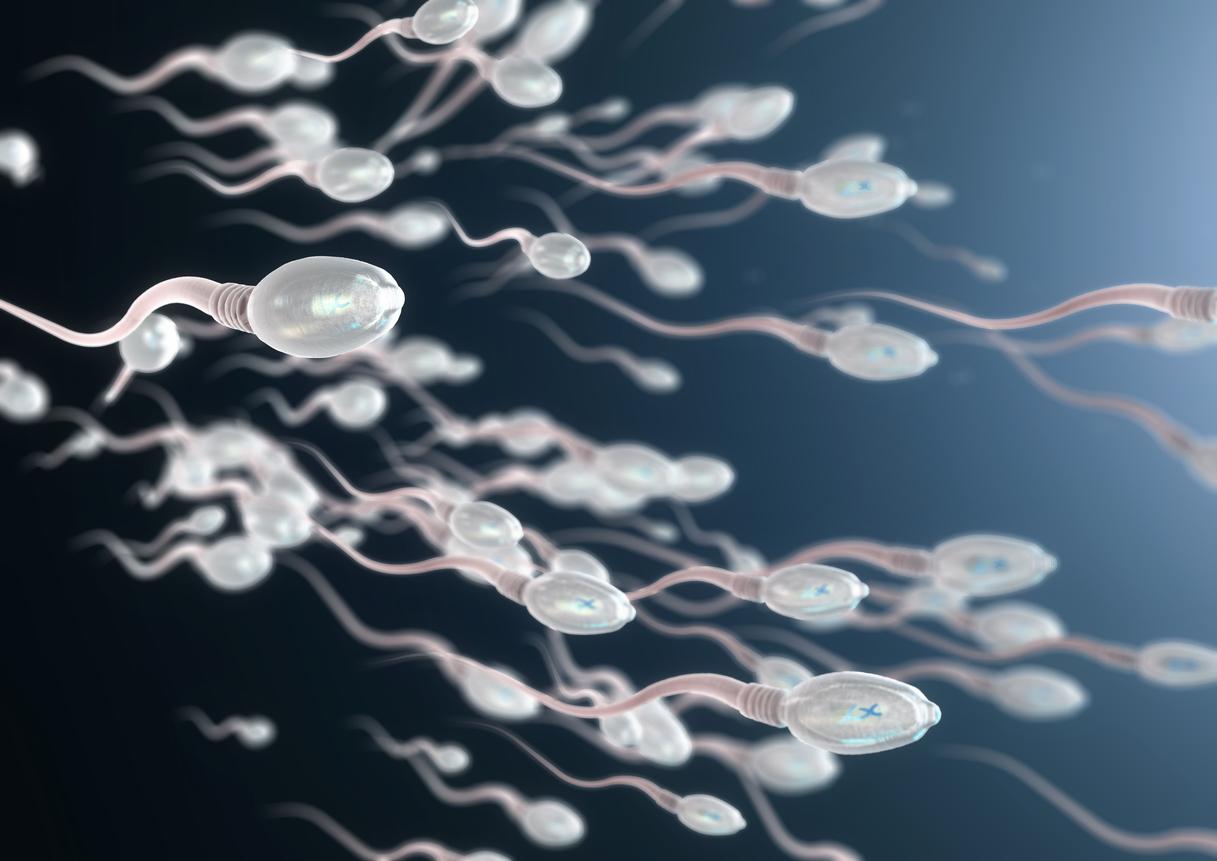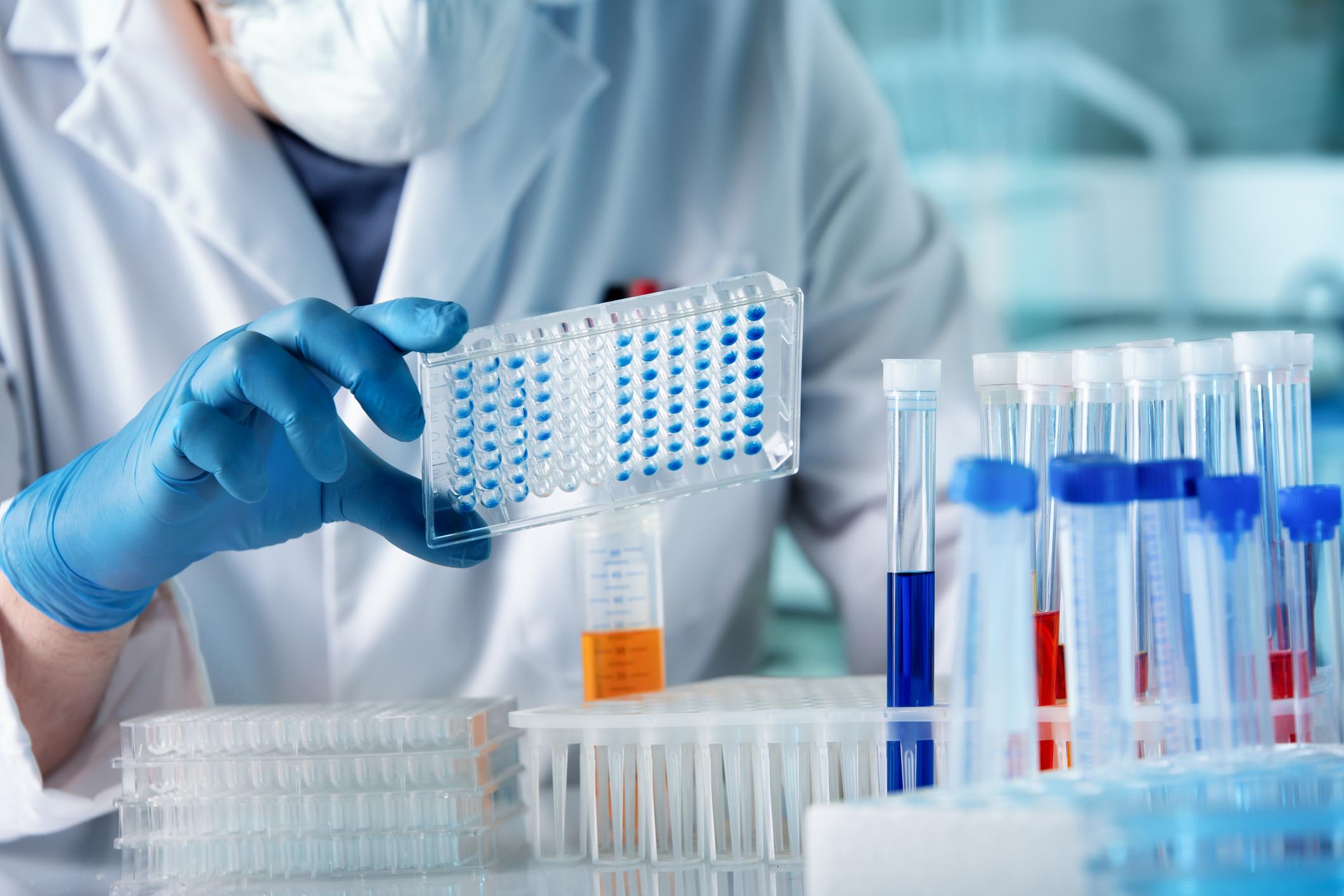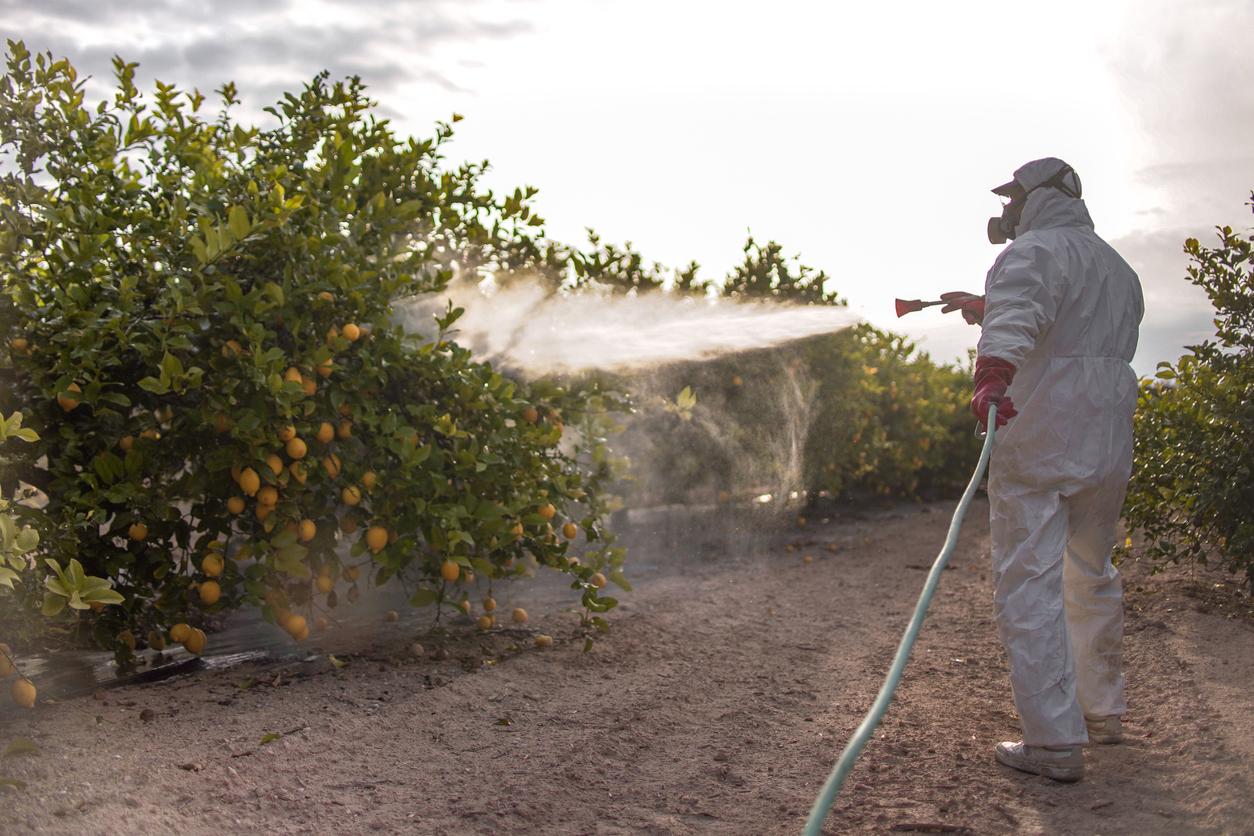The Covid-19 pandemic offers researchers at the University of Bergen, Norway, a new opportunity to study the impact of a virus on the immune system over generations and more precisely, how the coronavirus could have effects on the generation yet to be born.
To do this, researchers could have waited until Covid-19 patients had children, so they could study the effects of the father’s infection on the immune response of his offspring. But they have found a way to move forward more quickly in their research. They have collected semen samples from 50 patients aged 30 to 40 infected with Covid-19. and will compare them with the samples taken from a large control group without Covid-19.
Last May, researchers in Beijing analyzed the semen of 38 men with coronavirus and found traces of the virus in the seminal fluid of 6 of them.
Does the virus affect the immune system of unborn children?
Previous animal tests have shown that infections can affect the immune system of a future generation by causing epigenetic changes that alter the way the body builds proteins involved in the immune system” explains Cecilie Svanes, professor at the University of Bergen, on his university’s website.
“If we see significant negative changes in sperm, we may advise people to wait for example a year after their Covid-19 infection to have children. At the moment, rest assured, nothing is wrong. is still proven.
Covid-19 is not the only virus capable of surviving in semen. In 2018, American researchers discovered that, thanks to certain proteins, the Ebola virus was able to survive 2 and a half years in male sperm. Ditto for yellow fever, or for the zika virus, which persists for 6 months in spermatozoa.
Read also :
- What risk do you have of transmitting Covid-19 within the household?
- Covid-19: how long are you contagious?
- Covid-19: an immune signature for diabetic patients
- Reinfection by Covid, a rare phenomenon










